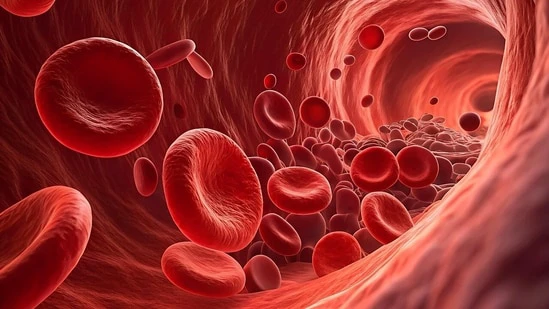Most people rely on a standard lipid panel to gauge their heart health, but experts say those numbers don’t always tell the full story.
While cholesterol levels provide a baseline, they don’t capture other critical factors like particle count, genetic markers, or inflammation – all of which can quietly raise your chances of developing heart disease. To get a more accurate picture of your cardiovascular health, certain advanced lab tests can help fill the gaps left by traditional panels.
Dr Jeremy London, a board-certified cardiothoracic surgeon with over 25 years of clinical experience, has revealed three tests that can provide a clearer picture of your heart and cardiovascular health, which the standard lipid profile does not cover. In an Instagram video posted on October 7, the cardiologist highlights key lab tests that can help assess your overall cardiovascular risk – and breaks down what each test actually measures and why it matters.
Apolipoprotein B (ApoB)
According to Dr London, ApoB measures the number of particles capable of carrying cholesterol into your bloodstream. While a lipid panel shows how much cholesterol you have, ApoB reveals how many particles are capable of delivering that cholesterol into the walls of your arteries. He explains, “It’s not just how much cholesterol you have, it’s how many dangerous bullets are circulating in the bloodstream. Elevated ApoB means more particles capable of penetrating and inflaming the arterial lining. That’s what drives plaque formation.”
Lipoprotein(a) [Lp(a)]
The second test, Lipoprotein(a) – often written as Lp(a) or LP little a – measures a sticky, inflammatory particle that is largely determined by genetics. The cardiovascular surgeon highlights, “It’s a sticky, highly inflammatory particle that not only accelerates plaque buildup, but also promotes clot formation. Standard cholesterol tests don’t measure it, yet one in five people have elevated levels, and they don’t even know it.”
High-Sensitivity C-Reactive Protein (hs-CRP)
This test indicates inflammation in your body, which is a key driver of heart disease and often overlooked. Dr London explains, “Even if your cholesterol numbers look great, elevated CRP tells you that your arteries may be under attack from chronic inflammation, caused by things like poor sleep, stress, or metabolic dysfunction.”
A comprehensive profile of your heart
Together, these three tests – ApoB, Lp(a), and hs-CRP – offer a more comprehensive view of your long-term cardiovascular risk when combined with your regular lipid panel. The cardiologist emphasises, “Remember, that which is not measured cannot be improved upon,” and stresses that knowing these numbers can help you take proactive steps for your heart health.
